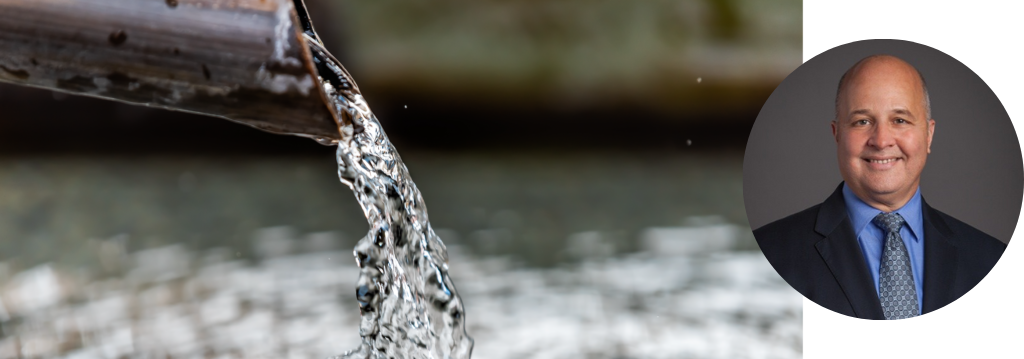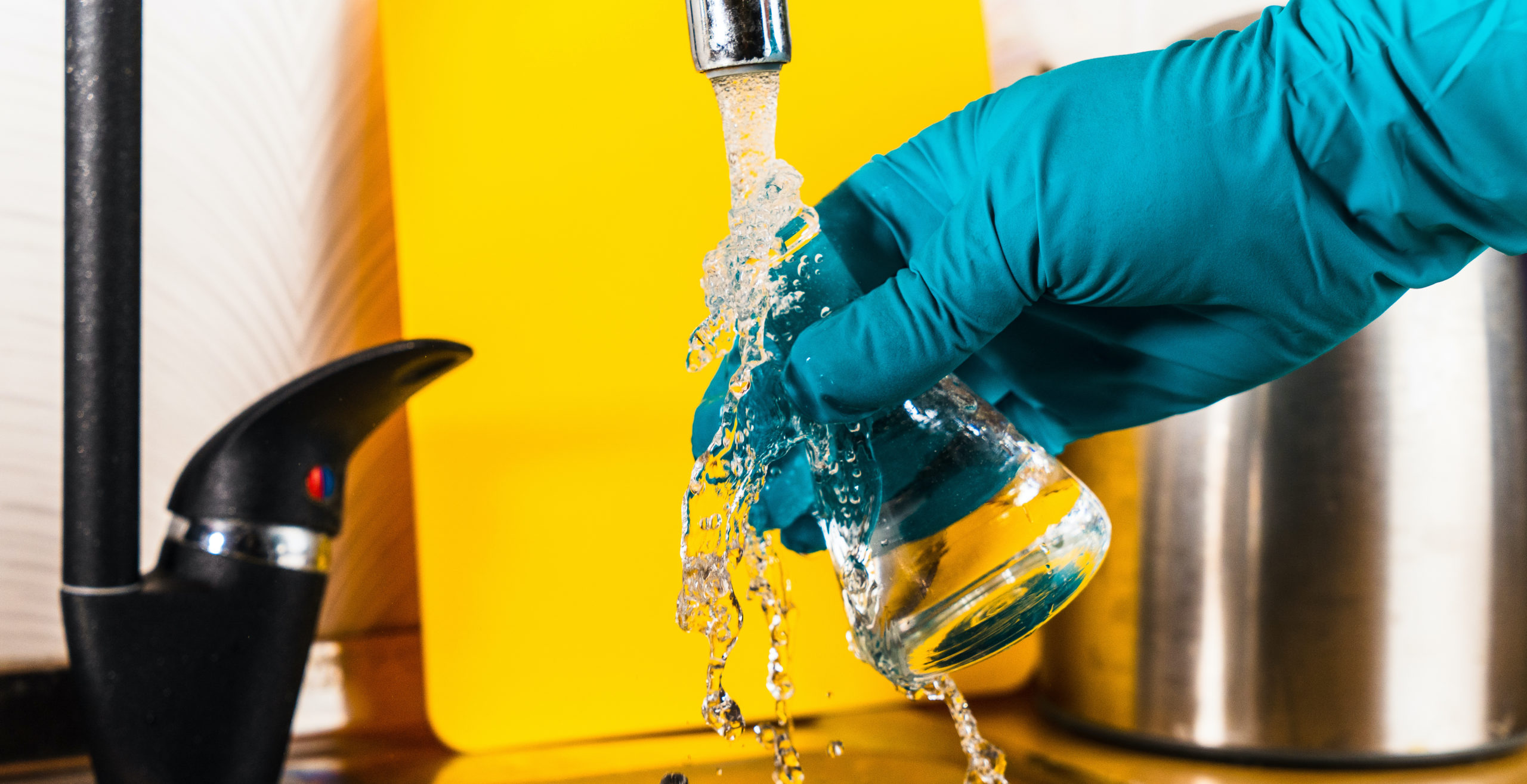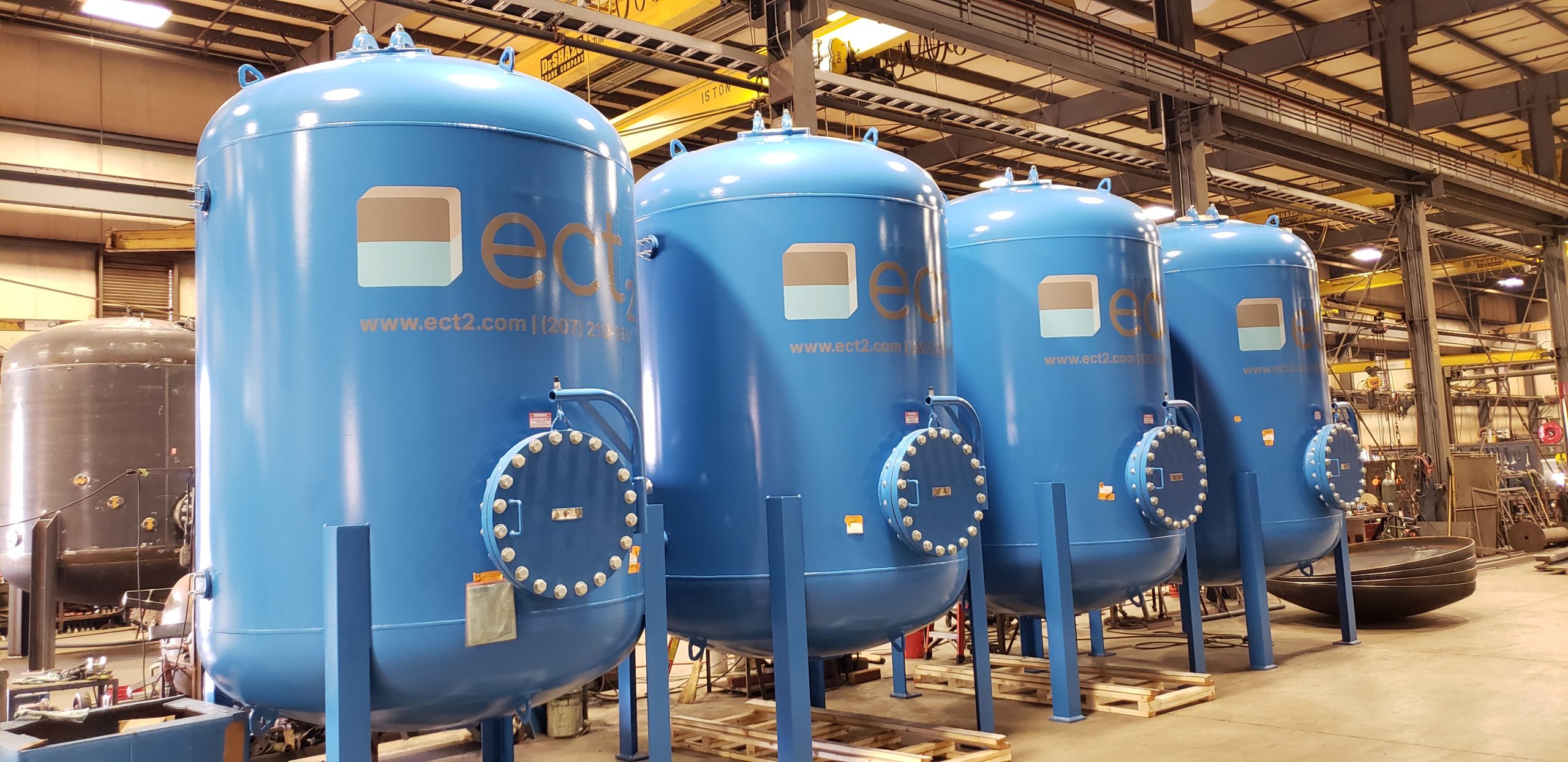
Drinking Water Treatment
Tightening Standards for
Regulatory Compliance

Drinking water regulations vary from country to country. Under the Safe Drinking Water Act (SDWA), the US Environmental Protection Agency (EPA) regulates more than 90 drinking water contaminants and sets enforceable Maximum Contaminant Levels. In the US, 1.3% of public water systems have been found to have concentrations of PFOA and PFOS greater than the Food and Drug Administration’s (FDA’s) lifetime Health Advisories (HA) of 70 ppt, combined, and as part of its PFAS action plan, EPA is proposing to regulate both PFOA and PFOS under the SDWA. Similarly, Food Standards Australia and New Zealand have set drinking water health-based guidance values for PFOS+PFHxS and PFOA of 70 ppt and 560 ppt, respectively, which have been adopted in the Australian Drinking Water Guidelines used by state and territory health departments, local health authorities and water utilities. Driven by tightening regulatory standards coupled with increasingly-sensitive technologies for emerging contaminant detection, municipalities, utilities, bottled water vendors, responsible parties, and individual well owners all face increasing motivation to install treatment systems for the removal of PFAS and other emerging contaminants from drinking water.
Billions of Liters
Treated Since 2013

ECT2 has global experience working with parties responsible for releases, state agencies, and utilities to reduce exposure to PFAS and other emerging contaminants in drinking water through the installation of treatment systems connected to public water systems or point-of-entry treatment (POET) systems. ECT2 provides a full range of services in the implementation of drinking water treatment systems, including bench and pilot studies, design and engineering, temporary systems, permanent systems, installation, construction management, startup and commissioning and ongoing operating contracts. Led by our highly-experienced process engineering team, we have the expertise to evaluate source conditions in conjunction with outcome expectations in order to arrive at the best possible solutions to drinking water challenges. We have municipal treatment plants with design flows of over 1,000 GPM (63 LPS) in operation or under construction in New Hampshire, New Jersey, and Australia, and a 200 GPM (12 LPS) system currently operating in Katherine, Australia. We have also installed over 200 POET systems in the US, including systems at schools in Michigan and New Jersey.
Meer informatie? > Neem contact met ons op!
Case Studies:
Providing Safe Drinking Water to a Rural Community Impacted by PFAS
PFAS was detected in samples pulled from drinking water in the town of Maysville, NC. ECT2 was contacted by engineering firm, TRC, to provide a solution to treat the contaminated water to safe drinking levels.
Content:
Commercial Airport Uses SORBIX™ PURE from ECT2 to Clean Up Its PFAS
A commercial airport in Scandinavia came to us for help after finding PFAS – including harder-to-treat short chains – in its groundwater.
